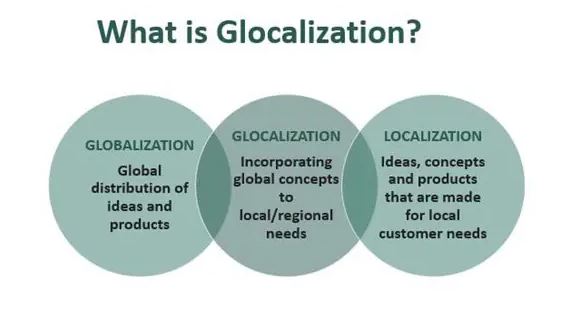Investigating Whether China’s Reality Shows Are Free From The Shadow Of Western Format And Glocalization (2018)
Reality Shows and Glocalization Dissertation – Reality televisions are slowly taking audience’s attraction away from traditional mode of watching. This has seen most countries including China import TV programmes to remain competitive in media industry. While some imported formats are unscripted and therefore aired just as the original shows, some are edited to fit the local perceptions and perhaps increase viewership. With increased technology, most people currently own TVs or can at least access their favourite programmes. Policies are less stringent and therefore local channels are at liberty to import as many programmes as they would.
This research purpose is to investigate whether China’s reality show is free from the shadow of Western format and glocalization. To achieve this, the paper fills the gap by analysing most popular shows in China and establishing whether the imported programmes strictly stick to the original producer’s format or altered to make it more localized.
This leads to the research objectives which include: critical assessment of China’s TV reality shows alongside Western’s and determine whether there exists difference; analysis of the perceptions of the audience concerning aired reality showed in China and assessment of the reality TV formats adopted by the Chinese reality TV. In responding to these objectives, this research established that indeed, China is over depended on imported format even though it has the potential to produced local shows.
Research Aims
This research aims at establishing whether China’s reality shows have become glocalized in the process of emulating Western reality shows
Research Questions
- Is there any difference between Chinese and Western market for reality television?
- What were the reality TV show audience perceptions?
- How Chinese and American TV shows a reflection of their cultural realities as well as values?
Research Objectives
In order to address the above-mentioned research questions, this study will focus of assessing a wide rage literature whilst comparing TV reality shows in Western and China’s. This will help deduce the effects that Western shows have on China’s media personality. The entire process aims to provide a basis for collecting supporting evidence that will at the end help make feasible conclusions with regards to research topic. This study will attempt to achieve the following objectives;
- To critically assess China’s TV reality shows alongside Western’s and determine whether there exists difference
- To analyse the perceptions of the audience concerning aired reality showed in China
- To assess the reality TV formats adopted by the Chinese reality TV
- 10,000 words – 28 pages in length
- Excellent use of literature
- Good analysis of subject area
- Well written throughout
- Ideal for media and communications students
1 – Introduction
Background
Rationale
Research Purpose
Research Aims
Research Objectives/Questions
Significance
2 – Literature Review
Introduction
Concept of Reality Shows
History and trends of reality shows
Broadcast Structure
Genres of reality shows
Criticism concerning reality shows in China
Cultural imperialism
Conclusion
Conceptual Framework
3 – Research Methodology
Introduction
Research Philosophy
Research Methodology
Justification
Sampling Procedure and Sample Size
Data Sources
Methods of Data Collection
Limitations
Data Analysis
Ethical issues
Conclusion
4 – Research Findings
Introduction
Is there any difference between Chinese and Western market for reality television?
China’s Got Talent
The Voice of China
What were the reality TV show audience perceptions?
China’s Got Talent Commentaries
Voice of China Commentaries
How are Chinese and American TV shows a reflection of their cultural realities as well as values?
Cultural Perceptions of reality TV
Conclusion
5 – Discussions
Introduction
Format Television
Cultural Imperialism
Conclusions and Recommendations
References

